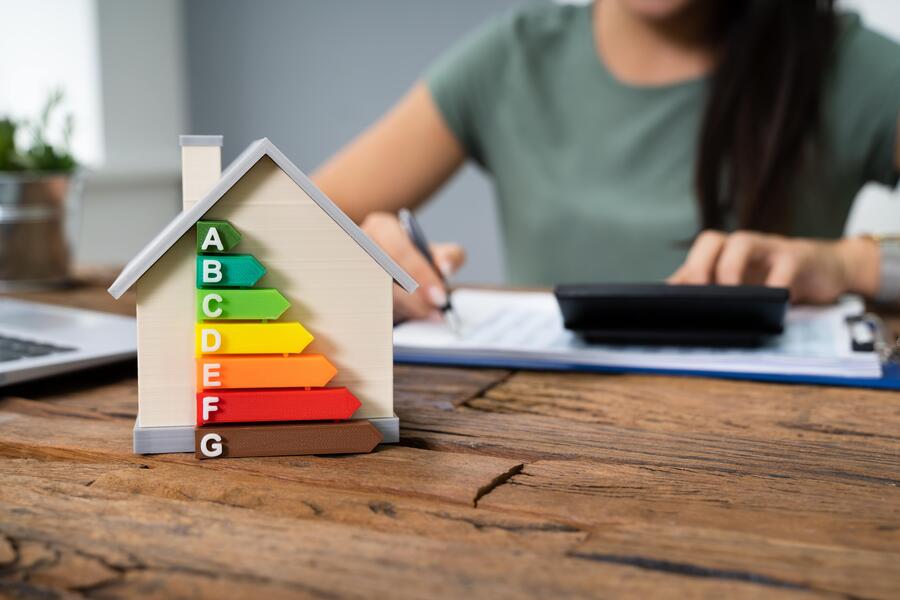In this blog post :
- Why residential buildings need an energy passport
- What the energy passport tells you about a home before a sale
- How to request your energy passport
Why do residential buildings need an energy passport?
The energy passport (certificat de performance énergétique) of a house or apartment gives information on possible improvements regarding the energetic efficiency, such as the energy performance and thermal insulation, of real estate. It takes into consideration the size of the building, the heated surface, the energy consumption and the type of heating system, as well as the building’s CO2 emissions.
Characteristics :
Exception
The energy passport is not required if the purpose of the sale is the demolition of the building, public sale by auction, seizure of property or public auction. Note that the energy passport is also not compulsory for private renovations without applying for State aid.
What does the energy passport tell you about a home before sale?
With the help of the energy passport, anyone can understand and compare energy classes of different buildings. Knowing the energy performance of a residence gives you information on possible future renovations while also allowing you to anticipate higher heating costs – things you should know before purchasing a residential building.
The classification ranges from energy class A to I, with the former being the highest ranking.

How to request your energy passport?
There are numerous scenarios for which you might need an energy passport. You might be planning modifications or looking to sell a building that you own. The passport can be directly requested by the developer or (future) landlord either from their architect, engineering office or experts approved by the Ministry of Energy and Spatial Planning. A list of certified experts can be found here.
Requesting the energy passport is just one step that you’ll face. Find more information on possible State aids or tailor-made financing solutions in relation to your real estate project in our latest article, or get in touch with our advisors at our new Hub of Home in Kirchberg or in your nearest Raiffeisen branch.




